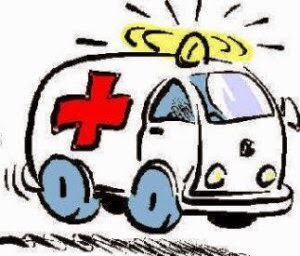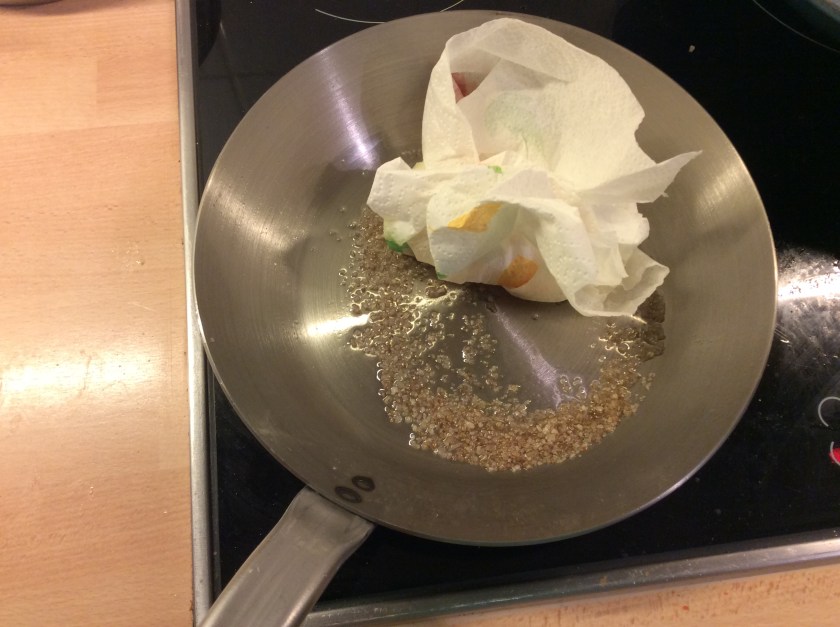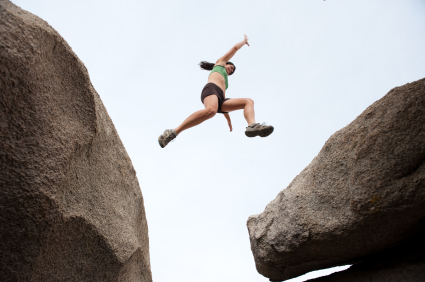As with many of my friends, both online and in meatspace, I was shocked, horrified, disgusted and more by the burbling up of white-supremecist and Nazi sewage in the past week. But one thing I did not feel was surprise. Why?
A couple of months into Barack Obama’s first term, I started reading the Rants & Raves section of Craigslist. CL, it turns out, besides being a good place to find a bargain, also holds a stethascope to the rumblings of America’s underbelly. There appeared the abomination called “Your Daily Negro,” with hideous photoshopped charicatures of the President and the First Lady, as well as Blacks in general and other minorities. After Donald Trump’s election, I’ve noted the shift from African-Americans to Jews.
In researching for my Holocaust novel, I sought pages of the “Volkischer Beobachter,” a Nazi newspaper during the 3rd Reich. I couldn’t find any. I did find some from “Der Stürmer,” another Nazi rag of the time, which led me to take a glance at the American “Daily stormer” website. I then understood where the CL garbage was coming from.
As an empath and a writer, I have a nearly compulsive need to understand people’s motivations. With this bunch, I can only believe that somewhere along the way their developing brains took a wrong turn. We as a society have few methods of guidance, especially in the absence of fathers, to show boys how to grow into strong compassionate effective men, and some have latched onto hatred to accomplish their idea of maturation.
There is also the rotting carcass of the American Civil War, for whose victims no shiva was sat, no South African style “truth and reconcilliation” came about. Some of the wounds inflicted by that war, and by the all-American way of dealing with them (“You lost. Suck it up, Buttercup.” “My people’s pain was worse than yours.”), have had no chance to heal. This includes the wounds of both “white” and African Americans.
Why have I acknowleged and even read material on these websites? I’m writing about a past regime, one whose beginnings echo disturbingly in today’s events. My father survived the Holocaust, and when it comes to racism, anti-semitism, hate, I intend never to be surprised again.







